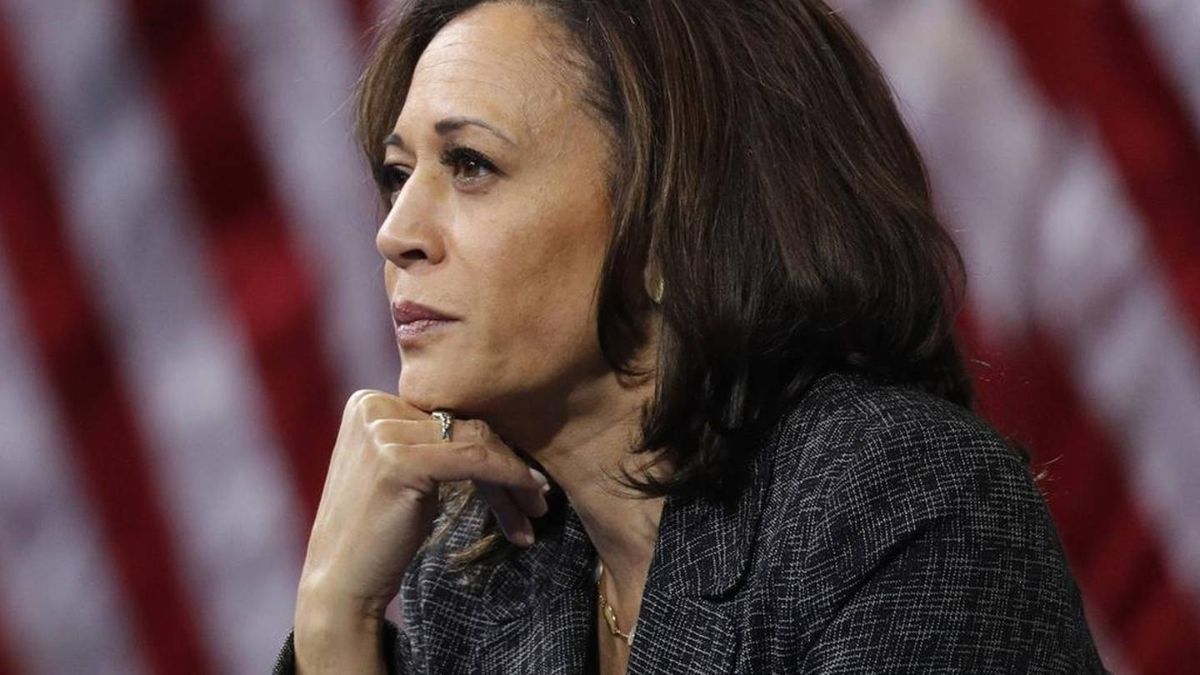Vice President Kamala Harris faced scrutiny from an NBC reporter after claiming in a recent interview that her “values haven’t changed,” despite noticeable shifts in her positions on various political issues over the years. The exchange has sparked discussion about the evolution of Harris’s political stances and the potential implications for her public image.
During the interview, Harris emphasized her consistency in values as she discussed her political journey and current role as Vice President. However, the NBC reporter challenged this assertion, pointing out that while Harris may hold steadfast to her core beliefs, her positions on significant policy issues have evolved since her early days in politics.
One of the most notable examples highlighted was Harris’s stance on criminal justice reform. As a former prosecutor and Attorney General of California, Harris took a tough-on-crime approach, supporting policies that some progressives have since criticized as overly punitive. In recent years, however, Harris has embraced more progressive views on criminal justice, advocating for reforms aimed at reducing mass incarceration and addressing systemic racism in the legal system.
The reporter also referenced Harris’s shifting views on healthcare. During the 2020 Democratic primaries, Harris initially supported Medicare for All, a single-payer healthcare system, before later expressing support for more moderate healthcare reforms that would preserve private insurance options. This change in position drew criticism from both progressives and centrists, who questioned her consistency on the issue.
Harris’s positions on immigration have also evolved. While she has consistently advocated for immigrant rights, her approach to border security and immigration enforcement has adapted to the changing political landscape and the demands of her party’s base.
The NBC reporter’s challenge to Harris’s claim underscores a broader conversation about how politicians navigate changes in their policy positions while maintaining their core values. Supporters argue that such shifts reflect a politician’s ability to adapt to new information and evolving public sentiments, while critics suggest that they may indicate a willingness to compromise principles for political gain.


